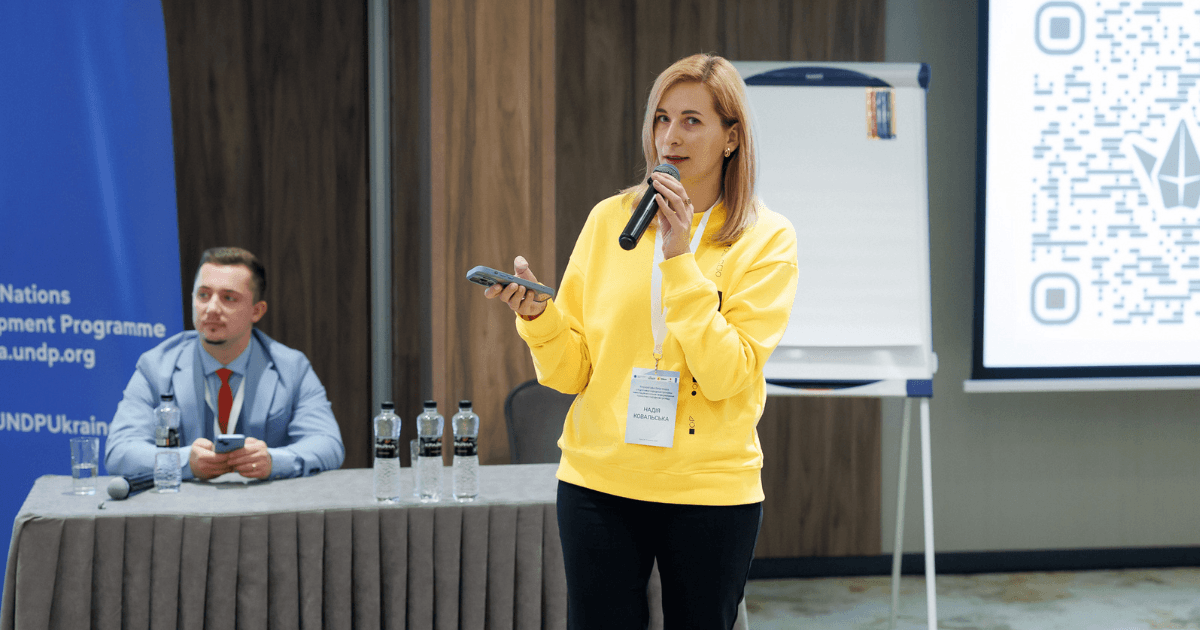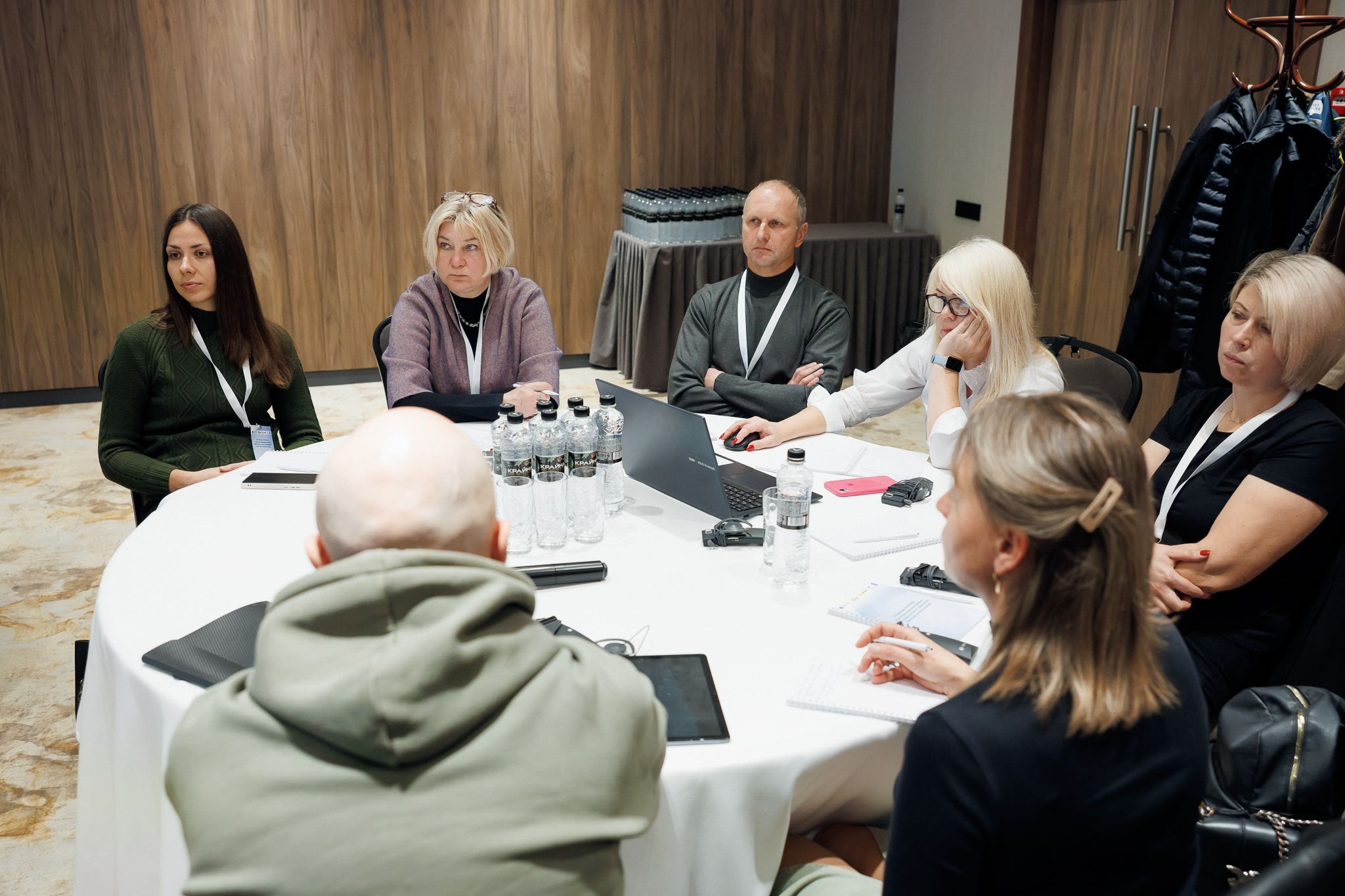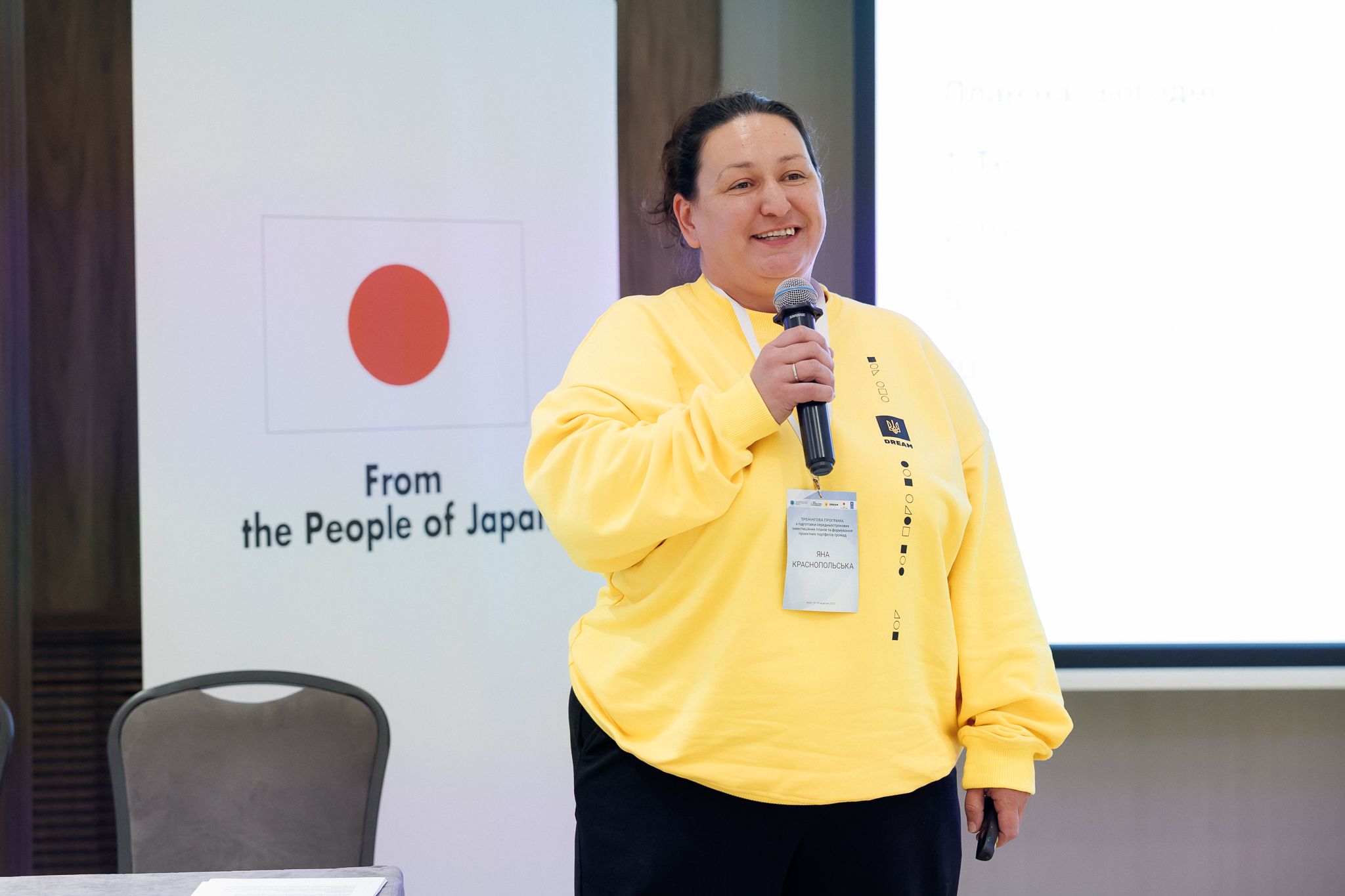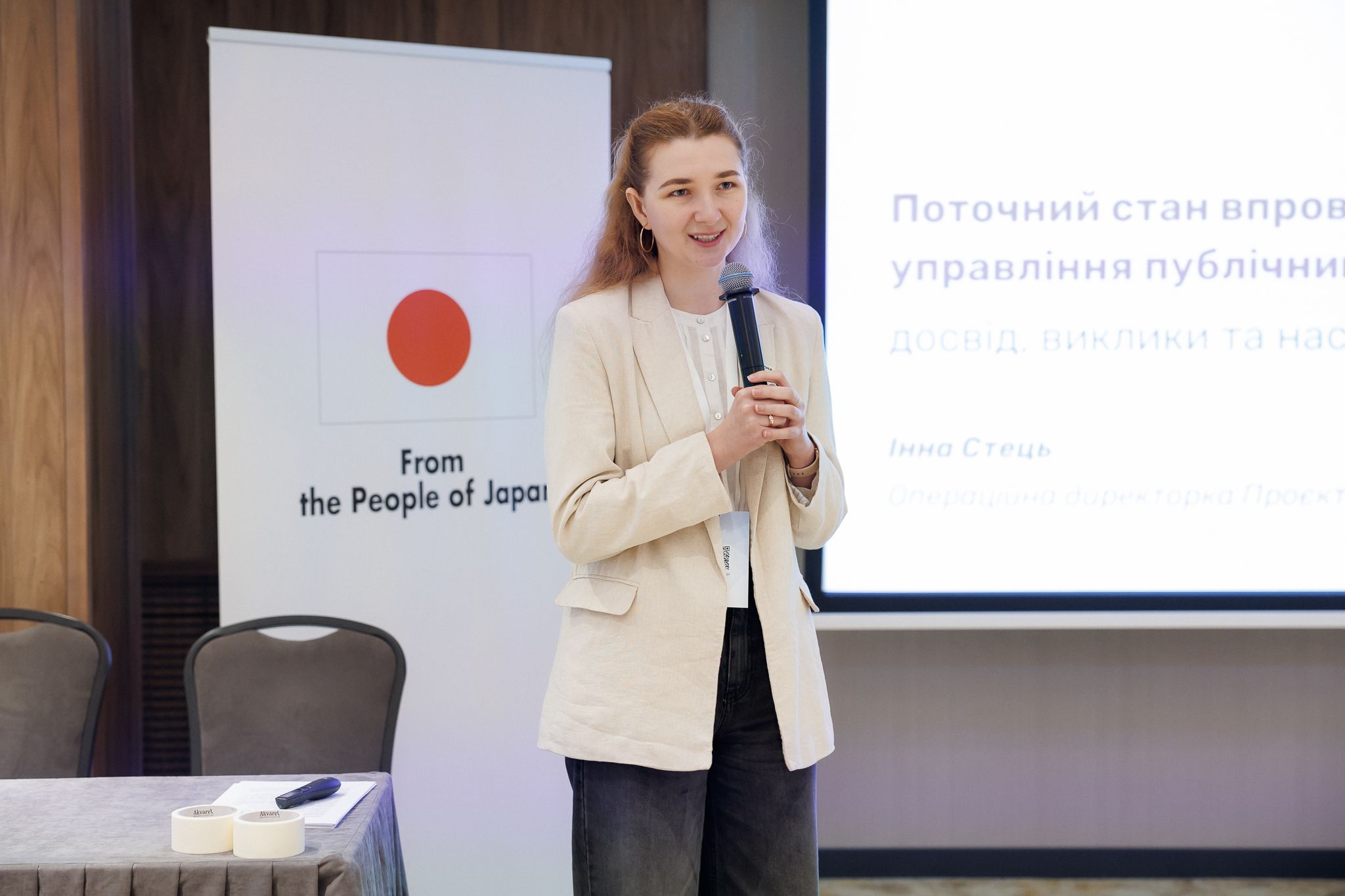How to Prepare High-Quality MIPs and Form Project Pipelines: A Training for Communities Held in Kyiv

On October 9–10, over 40 representatives from 22 communities across Ukraine took part in a training session focused on the stages of community involvement in the Public Investment Management (PIM) reform process.
The training program, developed by managers of the DREAM Academy, included lectures, interactive workshops, and peer learning. It covered the creation of conditions for the effective implementation of the PIM reform at the local level.
Special attention was paid to the following steps in the reform’s implementation:
- Establishment of structural units and local investment councils
- Development of the Medium-Term Plan of Priority Public Investments
- Preparation of projects and programs based on the new methodology
- Project evaluation
- Formation of sectoral pipelines at the local level
- Development of the Community Single Project Pipeline
- Opportunities to participate in national-level program selections
Participants had the chance to discuss real challenges they had already faced—particularly in the development of MIPs and project preparation—and received responses from representatives of the Ministry for Development of Communities and Territories and the Ministry of Finance.
They also shared practical cases of working with the DREAM system and described how the Public Investment Management reform is being implemented on the ground. Experts from the DREAM Project Office not only proposed solutions to challenges raised by communities but also helped analyze those challenges, define directions for further work, and detail potential solutions.
Working in small groups, participants deepened their practical knowledge of approaches to public investment management, clarified definitions, and explored the logic and structure of the planning and project preparation methodology.
Inna Stets, Chief Operating Officer of the DREAM Project Office, briefed participants on the current status of the Public Investment Management reform and the transformation of the DREAM system’s functionality according to the stages of implementation:
“The reform is already being implemented in communities, and at its core is the DREAM system. The reform establishes unified rules for everyone, while DREAM accumulates strategic goals and needs at all levels of public administration on one platform and structures the processes related to the reform’s implementation. Through digitalization, transparency and openness of management processes are ensured, making investment projects structured, assessed, and visible to key stakeholders. DREAM is a one-stop shop for project management, allowing initiators to communicate their needs and priorities and receive new opportunities to attract budgetary and international funding—and, in the future, gain access to EU structural funds,” said Inna Stets.
The training was initiated by the Ministry for Development, the DREAM Project Office, the Open Contracting Partnership, and the United Nations Development Programme (UNDP), with financial support from the Government of Japan. It is worth noting that the UNDP team has already provided comprehensive support to 30 territorial communities that participated in the event in developing or updating their development strategies. These strategies serve as the foundation for forming medium-term plans, which represent the first stage in implementing the PIM reform.
“UNDP’s training programs aim to support and strengthen community capacity. A medium-term plan is not just a document—it’s a vision of where you’re heading and what you aspire to achieve. Systems like the Public Investment Management system and DREAM play a key role in medium-term planning and the formation of investment portfolios. Gaining knowledge and skills in using these systems helps bring community dreams to life. The transparency and accountability these systems provide increase citizens’ trust and promote better governance at all levels. They allow communities to attract funding from international financial institutions and use it more effectively to implement their investment projects,” said UNDP Program Manager Mizuho Yokoi.
These training events are crucial for enhancing the capacity of local self-government bodies to effectively plan and structure investment projects, which is an essential prerequisite for attracting budget funding for investment initiatives and programs.
